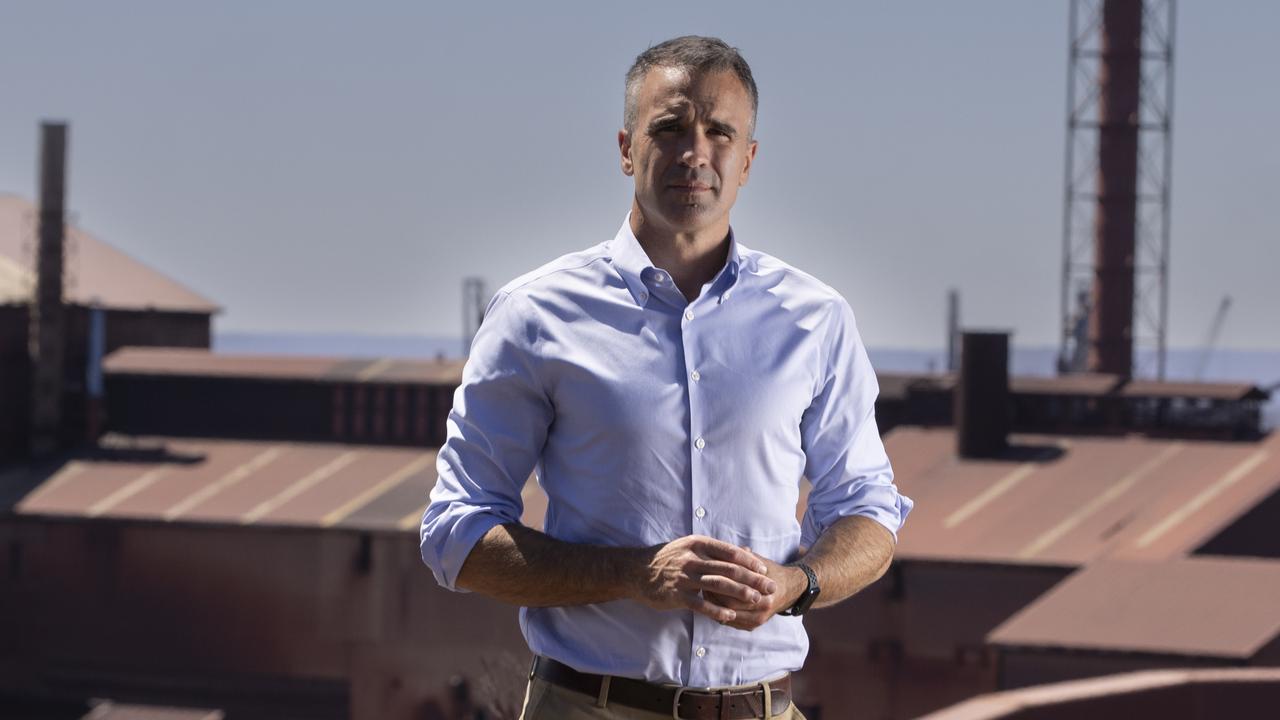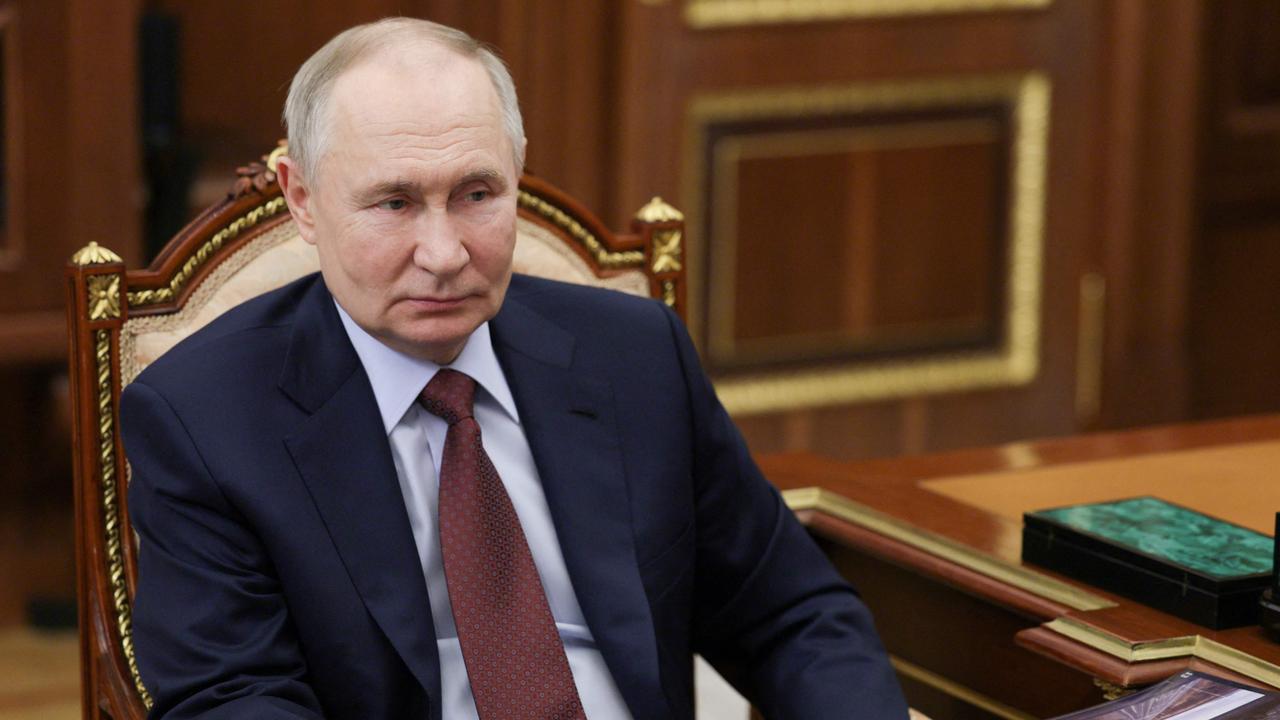
More than any other campaign, the push to alter the Constitution to provide for an Indigenous-only body that will have special rights over the rest of the population has done much to highlight overreach by Indigenous leaders and their supporters.
One wonders whether the activists behind the Yes campaign realised their insistence upon this constitutional change, and the manner of their campaigning, would get many Australians thinking about a whole range of issues that have been foisted on us and that we have, to date, accepted uncritically.
Overreach in any policy area can have unfortunate consequences, setting back momentum for reform for years to come. It’s no different with Indigenous recognition.
What began as a move to recognise Indigenous history, culture and people became a move to establish a constitutional Indigenous-only voice to parliament on matters affecting Indigenous people only.
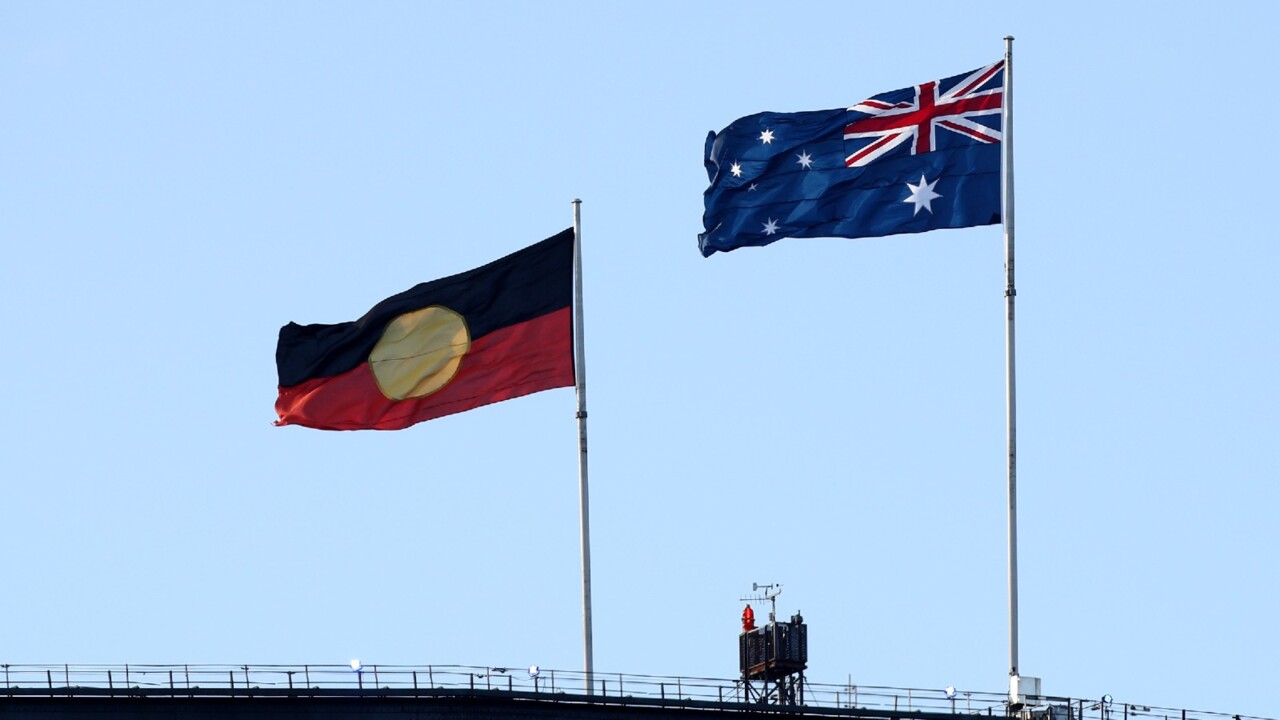
A close examination of the proposed wording revealed much more than that – it now envisages a constitutional Indigenous-only voice to executive government as well as parliament, and not limited to matters that only affect Indigenous people.
Perhaps more telling, any research into the Uluru Statement, which the government has committed to implement in full, reveals the voice is only one part of a three-part process – voice, treaty, and truth-telling, with reparations integral to the last two parts.
For many Australians, this project’s overreach is made worse by the means employed to finagle this change into our Constitution, with emotional blackmail, deception and intimidation.
The unfolding of the Yes campaign in this way has many of us thinking much more about other Indigenous shibboleths.
Take welcome to country ceremonies. Here again is another example of overreach: ceremonies demanded by a small group of activists, slotted into schedules by well-meaning white people, paid for by taxpayers, shareholders and others who may have no interest in being welcomed to their own country.
This week, Senator Jacinta Price called for an end to these ceremonies because, she said, “we are all Australians and we share this great land”.

The simplicity and truth of Price’s observation cuts to the heart of the use, and especially the overuse, of welcome to country ceremonies.
If these rituals occurred once in a blue moon, say, at big events only, we might let it ride – a symbolic gesture to Indigenous people.
But routinely now, a welcome to country (performed by an Elder) or an acknowledgment of country (performed by anyone who can rote-learn a few sentences) precedes a school assembly, a board meeting, a footy match, a citizenship ceremony, and so on.
The sheer frequency has many of us wondering more and more about the purpose, meaning and effect of these words. And increasingly, many people are turning away.
In an interview with this newspaper a few months ago, Marcia Langton threatened that if Australians were so ungrateful as to vote no, they could forget about asking her to do a welcome to country.
“I imagine that most Australians who are non-Indigenous, if we lose the referendum, will not be able to look me in the eye,” she says. “How are they going to ever ask an Indigenous person, a Traditional Owner, for a welcome to country? … If they have the temerity to do it, of course the answer is going to be no.”
Langton’s overreach drew a sharp response from readers of this newspaper the likes of which I have not seen since I started writing many moons ago.
People expressed views that Price raised this week – that it’s not at all welcoming to tell Australians that “this isn’t your country” and asking, like Price, for the welcome to country shebang to stop.
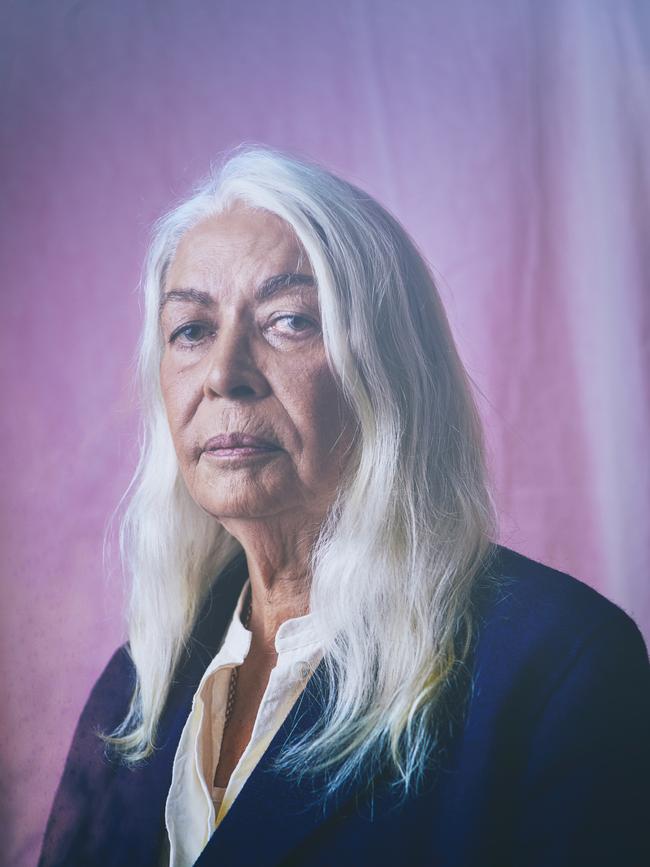
Price told me on Monday “schools are getting kids to write acknowledgments to country, in primary schools and in preschools, the pendulum has swung too far on this”.
“It has the opposite effect to what I guess it was hoping to achieve. Welcome to country ceremonies have created opportunities (for some Indigenous people) to make money, to assert themselves as authorities and I think it’s ostracised a lot of Australians who aren’t Indigenous to think that, well, you know what, I belong here too,” she said.
“I’ve been at citizenship ceremonies where a welcome to country’s being given, but basically it’s been a lecture about how miserable our country’s history is and how Aboriginal people have been hard done by, as opposed to it being a day of celebration for new citizens and a welcoming for them to feel like they’re part of the country. So, that’s where I think it has gone a step too far in a lot of cases.”
Price’s concerns about overreach by people she dubs the “activist class” will be shared by many Australians.
Policy and power zealotry is not limited to Indigenous matters, but the voice campaign is certainly one of the worst examples of intemperance working against the common good.
“I’ve been a cross-cultural educator for a number of decades, it’s been about creating understanding to recognise our similarities, not our differences, so that we can be more unified,” Price told me. “But the approach that a lot of activists have taken is to inflict guilt politics on the country.
“And that’s what I see this referendum has certainly been about – guilting people into voting.” The Uluru Statement has been presented as a kind-hearted gesture, a set of words that goes to the heart of recognition and reconciliation.
It is only down to those who have asked questions that we now know the Uluru Statement seeks to alter how our governing powers are exercised in this country, dividing people according to race.
With this background, Australians are beginning to realise welcome to county ceremonies are simply a way of conditioning us for what is to come. When non-Indigenous people are “welcomed” to country, it suggests we are being welcomed to a country that is not ours, to a country that belongs to others.
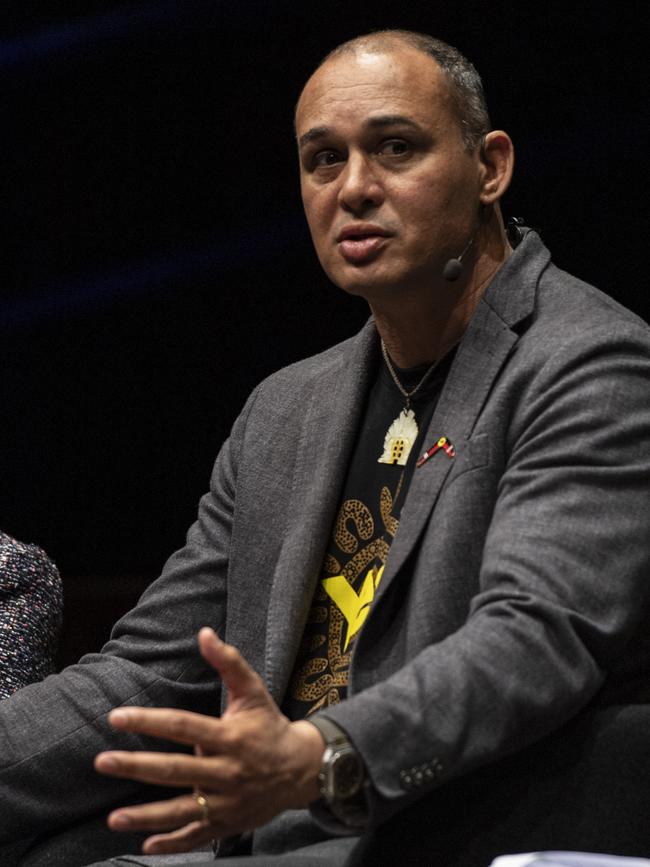
If that is the case then, not unreasonably, many people can see a direct line from a welcome to country to treaty and reparations. Thomas Mayo and, somewhat more theatrically, Midnight Oil, suggest Australians may need to “pay the rent”.
This only makes sense if we are tenants of land owned by others. The problem for most Australians is that they thought this was one country with a single and exclusive sovereignty in which we all had those rights to land granted by parliament and our courts.
Constant attempts, especially by the ABC, but also many others, to rename our cities and places performs a similar function of conditioning us minus consent.
When the taxpayer-funded national broadcaster takes it upon itself to refer to Sydney-Gadigal or Melbourne-Naarm, it starts the process of delegitimising ownership of land as determined under Australian law.
On Tuesday morning on ABC News Radio, Sydney disappeared; it is simply Gadigal land. This is being imposed on an unwilling population, many of whom are only now starting to recognise what is happening.
With overreach comes a natural scepticism, unfortunate division, even boredom, the very opposite of what is needed – drawing Australians together with authentic respect for one another.






